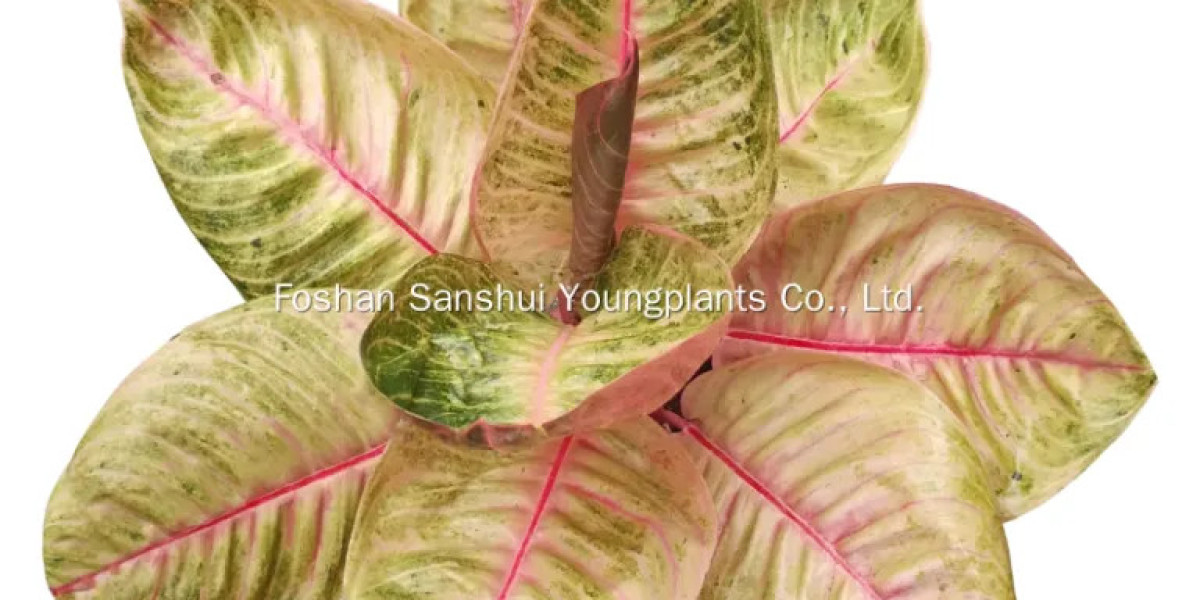In the world of horticulture and gardening, nurseries play a pivotal role in providing healthy plants to enthusiasts and professionals alike. A significant aspect of this business is sourcing affordable wholesale plug plants and tissue culture plants, which offer numerous benefits in terms of productivity, growth, and cost-effectiveness.
Understanding Plug Plants
Plug plants are young plants that are grown in small cells or "plugs." These plants are typically raised in controlled environments, ensuring optimal growing conditions that contribute to their vigorous growth. Plug plants are favored by nurseries as they are easy to handle, transplant, and grow into larger specimens. Their compact size makes them ideal for wholesale distribution, allowing nurseries to offer customers a wider variety of plants in a cost-effective manner.
Advantages of Plug Plants
One of the primary advantages of using plug plants is their uniformity. Since they are grown under controlled conditions, plug plants tend to have wholesale plug plants rates and sizes, making them ideal for commercial nurseries looking to maintain quality and aesthetics within their inventory. Additionally, plug plants typically have well-developed root systems due to the ideal growing conditions, promoting better establishment when transplanted into larger pots or garden beds.
Cost-Effectiveness of Plug Plants
Affordability is a significant factor for nurseries when sourcing plants. Plug plants are generally more cost-effective than larger plants due to their size and the efficiency of production methods. Wholesale options for plug plants allow nurseries to purchase larger quantities at reduced prices, which can translate into cost savings for both the business and customers. This affordability enables nurseries to pass on lower prices to their clientele, enhancing customer satisfaction and loyalty.
The Role of Tissue Culture in Plant Propagation
Tissue culture, also known as micropropagation, is a sophisticated technique used to produce many identical plants from a single parent plant. This method has become increasingly popular in the horticultural industry due to its ability to produce healthy and disease-free plants. Tissue culture involves growing plant cells in a nutrient-rich medium under sterile conditions, allowing for rapid multiplication of plants.
Benefits of Tissue Culture Plants
One of the most significant benefits of tissue culture plants is their genetic uniformity. Since all plants produced from tissue culture originate from the same parent, they possess the same genetic makeup, ensuring consistency in characteristics such as growth habits, flower color, and disease resistance. This uniformity is particularly valuable for nurseries that want to offer specific varieties with predictable growth and appearance.
Disease Resistance and Healthy Plants
Tissue culture propagation also reduces the risk of disease transmission, as the plants are grown in sterile environments. This means that nurseries can be confident in offering healthy plants to their customers, minimizing the chances of pest infestations or diseases affecting their inventory. Healthy plants lead to higher customer satisfaction and lower rates of returns or complaints.
Sourcing Affordable Wholesale Plants
When sourcing affordable wholesale plug plants and tissue culture plants, nurseries must consider several factors to ensure they are getting the best quality at competitive prices. Establishing strong relationships with reputable suppliers is essential. Quality suppliers often provide not only lower prices but also consistency in plant quality and availability.

Evaluating Suppliers
Nurseries should evaluate potential suppliers based on their reputation, the quality of their plants, and their ability to meet delivery timelines. Visiting suppliers' facilities, if possible, can provide valuable insights into their growing practices and the overall health of their plants. Additionally, seeking feedback from other nurseries can help identify reliable sources for wholesale plants.
The Importance of Variety
Another crucial factor to consider when sourcing wholesale plants is the variety offered by suppliers. Nurseries should look for suppliers that provide a wide range of plug plants and tissue culture options. Having access to various species and cultivars allows nurseries to cater to different customer preferences and seasonal demands. This variety can also help nurseries differentiate themselves in a competitive market.
Conclusion
In conclusion, affordable wholesale plug plants and tissue culture plants present an excellent opportunity for nurseries to enhance their inventory while maintaining cost-effectiveness. By understanding the benefits of these plants, evaluating suppliers, and ensuring genetic consistency, nurseries can thrive in a competitive industry. As the demand for healthy, affordable plants continues to grow, embracing plug and tissue culture planting techniques will undoubtedly be a key strategy for nurseries aiming for success.









